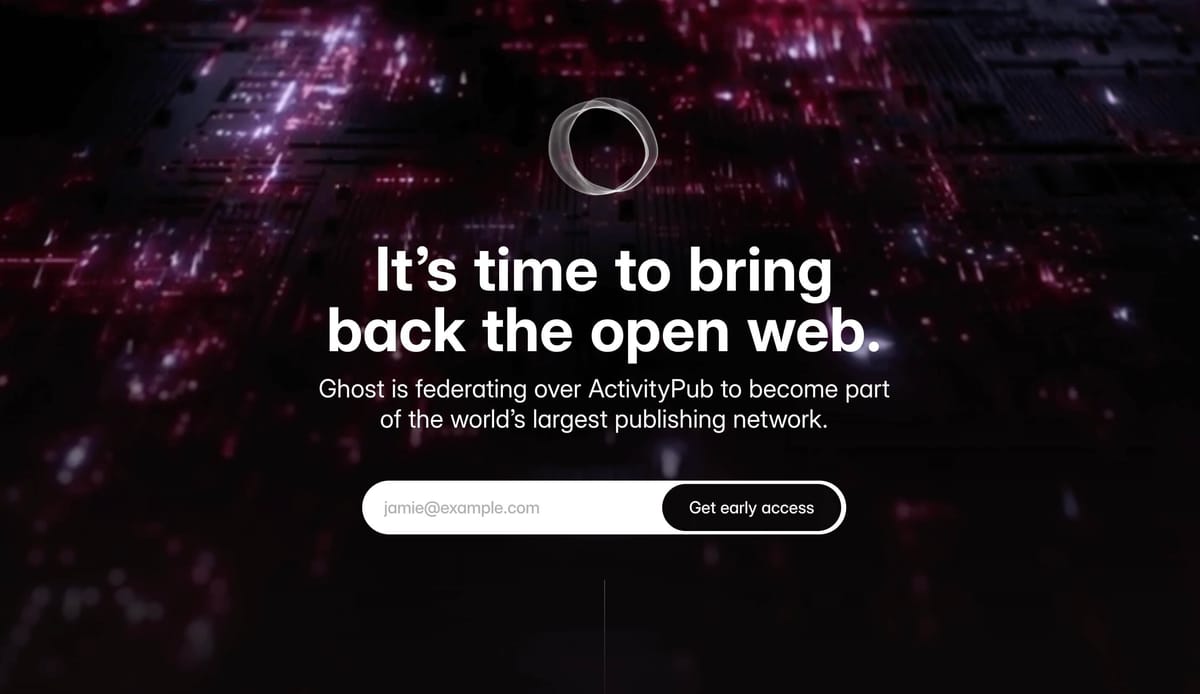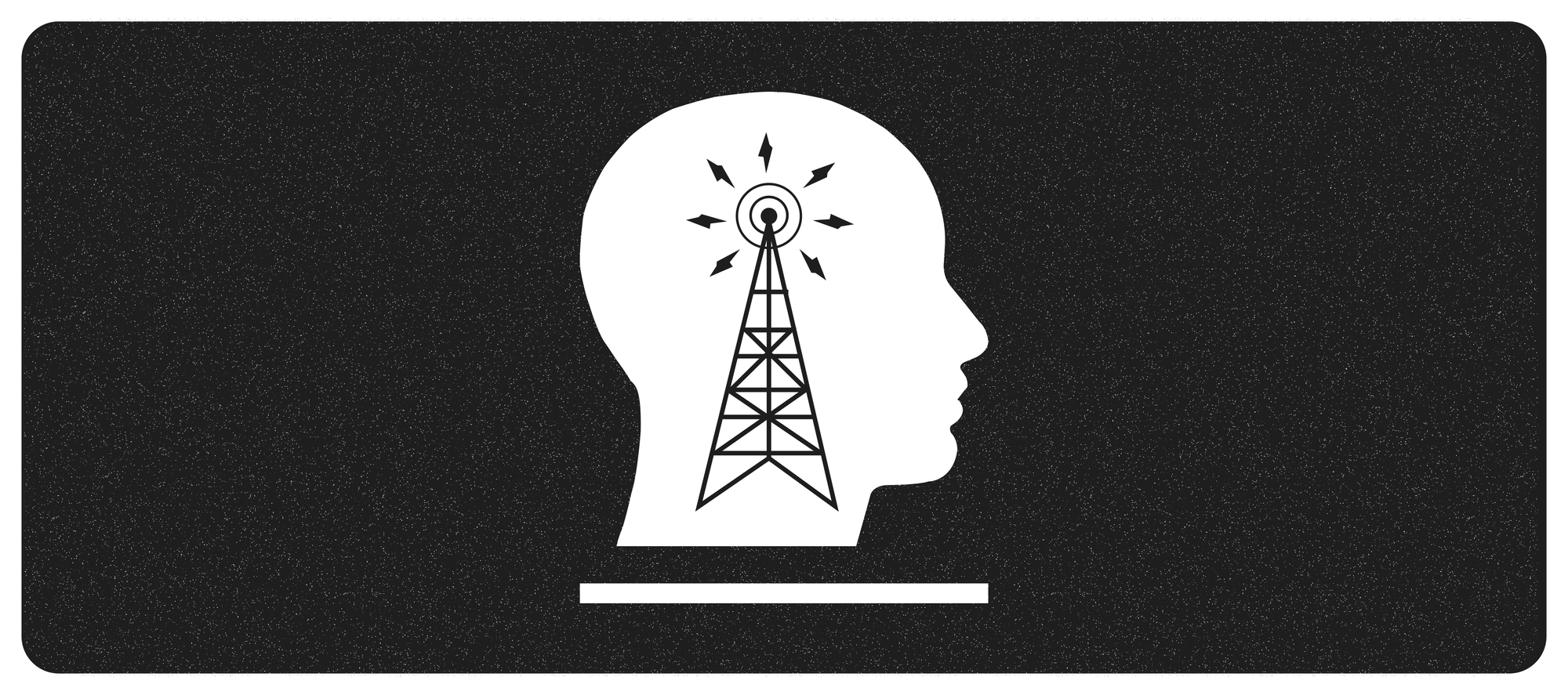Platforms Don't Care
We put a lot of trust in platforms, from our selfies to our businesses. And yes, it's not a one way relationship, but imagine if you came home one day and they'd changed the locks...it would suck wouldn't it?

We put a lot of trust in platforms, from our selfies to our businesses. And yes, it's not a one way relationship, but imagine if you came home one day and they'd changed the locks...it would suck wouldn't it?
Platforms like instagram, X (twitter or whatever it is now), Threads, TikTok and everything in-between, need you more than you need them. But that doesn't stop them from changing their algorithms, aspect ratios, character limit and everything in between.
Diversifying your platforms and social graph is really important, but they don't teach you that in school do they!
This is probably more relevant for businesses than day to day social media use, but if you use social platforms for your personal brand, sharing your newsletter or just keeping that strangely large following you had since Tumblr days updated, you need to have control.
We very quickly and easily put a lot of trust in companies and platforms to host our content, images and manage our communities. But just because they're here today, doesn't mean they will be tomorrow. We have to fight to keep our content relevant, it's not as simple as posting and our followers will see it, you have to sacrifice an obscure animal, spin around 3 times and hope you got the algorithms good side today.
So what now?
Yes, I hear you, what can we do then?!
This where I can see websites coming back in full force. Personal websites, blogs and platforms that allow you to post once and share to multiple different places. It'll be like the early 2000's internet (objectively better than now)
Yes, Blogs are back baby (Plot twist they never went away).
As consumers, we want the path of least resistance to get up to date information from those we follow, whether that's new resources from that designer you like, new music from your favourite artist or your favourite influencers new beauty balm they've been shelling left right and centre. But when you open your feed, you don't know what you're going to get. You'll probably see 12 cat videos, a vine from 2013 and a political rant before you see what you actually want to. Oh hang on, what we're doing? I've totally forgot what I came on here to do, classic.
If you support creators by checking into their website, signing up to their mailing list and connecting with them on platforms that allow cross posting, the results are two fold. You get the content you want, they get direct support without having to jump through hoops. I have a separate email inbox where I sign up to newsletters and updates from people I want to hear from and scroll through that in the morning to read / consume content, then I go to the social profiles to see whats up. Weirdly, emails, websites and blogs are making their way back into my day to day (outside of my work). I find being able to segment these things and block out the noise of endless reels, makes me feel better about consuming content.
Ok, so where to start?
Blogging platforms & Websites
Ghost - if you don't know what ghost is, you kind of do, this site is built and hosting on Ghost. It's open source, great for creators, publishers and businesses alike. They're currently building with ActivityPub which is a protocol and open standard for decentralised social networking. This means that you can follow, like and reply to those across different platforms, you're not at the behest of an algorithm or locked into another platform. The Open web is back! Check out the link below to learn more.

Social platforms
Decentralised platforms may seem confusing, but don't worry this isn't crypto bro's shilling meme coins. The "decentralised" part comes from the protocol it uses to share content, it allows for cross posting so instead of having a separate feed on every platform, you have one feed that sits on multiple platforms.
Mastodon can be confusing, but it's definitely worth checking out to get started with decentralised social platforms.
Pixelfed - This is basically the instagram of decentralised social platforms, if you're image first, this is one to check out. However, unlike instagram they focus on privacy and less on thirst party tracking and algorithms.
Threads - Im including threads as they have a beta that allows for sharing on the Fediverse, but it's still part of the meta monopoly.
Bluesky - I've included this as it came from the depths of Twitter before the X days. However, Bluesky uses the AT Protocol which is a different protocol to the other platforms (ActivityPub) and doesn't integrate with it. So this can segment networks and do the opposite of the open webs overall purpose.
This is not an exhaustive list obviously, there's so many more out there and more to come for sure. But if you're a noob it's a good starting point.
Here is a good explainer for the Fediverse if you want to learn more - https://www.theverge.com/24063290/fediverse-explained-activitypub-social-media-open-protocol
Websites
This is a difficult one, in some ways. Unless you can build them yourself, you're going to be dependant on website builders like Squarespace, Wix etc. but that's not all bad, at least you can have control of how your content is laid out, what order it's displayed and who sees it.
For businesses or your personal brand, consider freelancers or agencies for building your sites, you'll be surprised how far your money goes when a pro builds you something. Tech and frameworks these days means you can have a responsive and robust website up in no time. On that note, shameless plug, get in touch if you want to talk work 😉
The other side to this is you have much more control over your content, site and work. You can have a say in your hosting, more freedom with styling and be more or less hands on. If you were to use a website builder, you have a potentially higher monthly fee, that could go up whenever, and if the company decides it doesn't like your site for whatever reason, there's not a lot you can do about it. You also have a lot less control over styling and how your content and data is kept.
Overall this was more of a ramble than anything but I'm excited to see more of what's to come for decentralised platforms and the return of a more open web!


